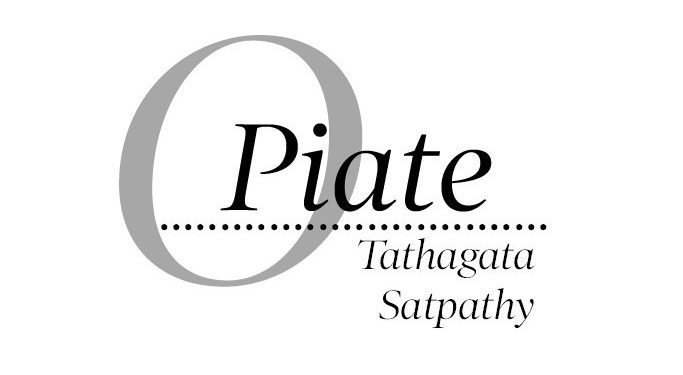Just like no one yet knows, even after a month has passed, the exact number of deaths that occurred due to the triple train accident at Bahanaga of Balasore in Orissa, similarly no one is aware of the correct number of deaths during the CoVID-19 period in India. Data is vital for any modern governance system to effectively function and deliver services to the citizens. While India seems to be constantly collecting all kinds of data from citizens for God knows what purposes, yet the system seems to be extremely averse to conduct the Census operations that should have been completed by end 2021 and all relevant data thus collected should have been made public by 2022-23.
This exercise has been purposefully stopped. The decadal Census operations had commenced in India in 1881. This is the first time the 10 year gap has been maliciously flouted. Reasons could be multiple. For example, initially it was claimed that CoVID-19 was the terrible deterrent for such a large scale activity that would expose the entire population to great danger. Interestingly, multiple state elections were held without adhering to CoVID protocols during that terrible period. The states of Bihar, Tamil Nadu, West Bengal, Kerala, Uttar Pradesh and Uttarakhand went to polls with much campaigning and fanfare during CoVID-19 pandemic. Also to be noted is the fact that countries like the UK, the US and our not so friendly neighbor, the populous China, globally recognised as the ‘Mother of CoVID’ have since completed their Census activities.
What then scares the Government of India about conducting the Census which should have been completed in 2021? There could be many reasons. Certain states including Bihar are demanding a Census of Castes. Many states in the South would like to showcase their efficacy in implementing family welfare measures, thereby limiting population growth. The Government of India would not approve exposing such valuable facts because it would be politically detrimental to the currently ruling BJP. Thriving on religion based politics, the Census of Caste could put a huge spanner in the Hindutva narrative. So also the efficiency of Southern states would show how the more populous Northern states have economically and education-wise fallen by the roadside in the march towards development. The intentions behind introducing CAA and NRC and the slogan of ‘Hindoo khatre mein hai’ might come out a cropper if correct data on religion, caste, education and economic status could be accessed. Economic situation would also expose the true status of the citizen as against the falsified claims of the Government of India. It is estimated that 10 million people have been left out of the PDS benefits just because Census has not been held. Their inclusion in the list would be a tight slap to the government while simultaneously bringing this huge number of people under the social security net.
The Registrar General of India has postponed Census enumerations to 2024-25. The powers that be probably hope that they can play around with the data collected if they are reelected in 2024. This would enable them to create more constituencies based on religion for their political furtherance. It could also help them corrupt the data in such a fashion so as to negate international exposes. The only solution to this problem could be achieved by dismantling the national level Census. It may be noted that Census operations are carried out by the machinery of each state while the data is collated at the Centre.
Therefore, states should be guided by a centrally prepared questionnaire while the results should be made public by individual states mandatorily within a specific timeline. While there could be room for errors as in everything else, this would be in keeping with the federal structure of the nation.






































